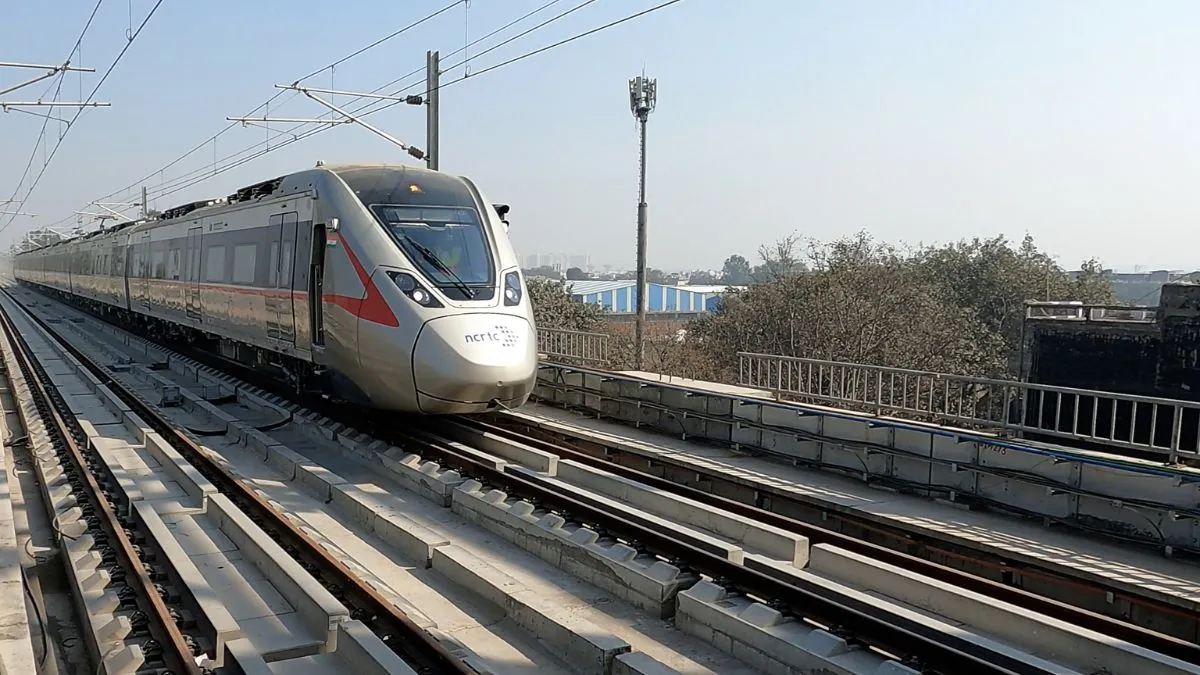- By Deeksha Gour
- Mon, 05 Aug 2024 12:04 PM (IST)
- Source:JND
Gurugram RRTS: Authorities have announced the integration of the Regional Rapid Transit System (RRTS) with the existing Metro Corridor. The RRTS corridor, currently under development, will connect Manesar to Alwar, allowing people from these areas to easily commute to various parts of Cyber City. By establishing a direct link between the RRTS and the Metro Corridor at the Hero Honda Chowk and Cyber Hub stations, the authorities aim to reduce traffic congestion on the roads and lower pollution levels in the region.
“The benefit of this integration will be that people coming from Manesar to Alwar will be able to reach different areas of Cyber City easily,” explained Chandrashekhar Khare, the Managing Director of Haryana Mass Rapid Transport Corporation. “This will not only reduce traffic congestion on the roads but also the pollution levels in the area.”
The expansion of the Delhi Metro into the old Gurugram region has already commenced, with the route for the RRTS corridor also being finalised. Dinesh Nagpal, the Director of Urban Land Management, mentioned the urgency of starting the ground-level work on both projects, as the traffic pressure in Cyber City and its surrounding areas has become increasingly overwhelming.
“The traffic pressure on Cyber City and the surrounding roads has increased so much that one has to think ten times before traveling a few kilometers,” Nagpal said. “As soon as the work on both schemes is completed, Cyber City and its surrounding areas will get more wings of development.”
RRTS on Delhi-Jaipur Highway
The RRTS corridor, which will run along the Delhi-Jaipur highway, will feature high-speed trains capable of reaching a maximum speed of 160 kilometers per hour. The average speed of the trains is expected to range between 80 to 100 kilometers per hour, allowing commuters to travel from Alwar to Delhi in the shortest possible time.
"By building the junction, RRTS passengers will be able to avail the metro facility and metro passengers will be able to avail the RRTS facility easily," Khare added. "This decision has been taken keeping this in mind, and close attention is being paid to prepare the best possible project."
